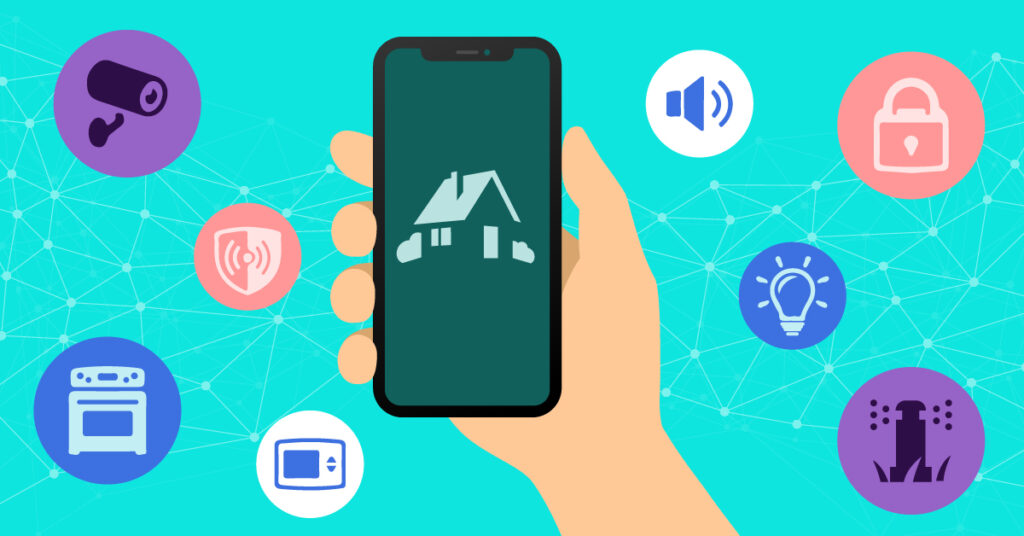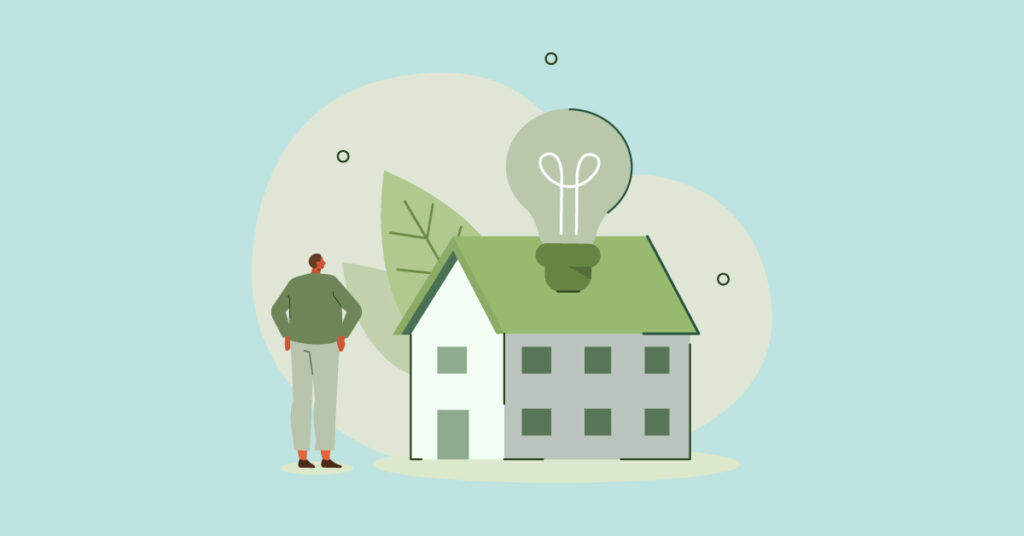In an era where environmental consciousness is more critical than ever, the demand for eco-friendly home services has surged. Homeowners are increasingly seeking sustainable solutions to create healthier living spaces while also reducing their overall carbon footprint.
Keep reading as we explore various eco-friendly home services that can transform your home into a sustainable haven.
1. Energy-Efficient Heating and Cooling
It should be no surprise, heating and cooling are two of the most significant contributors to household energy consumption. Traditional HVAC systems are well-known for how inefficiently they use energy. However, modern advancements have led to the development of energy-efficient alternatives.
Geothermal Heat Pumps
These systems utilize the earth’s stable temperature to heat and cool your home. Geothermal heat pumps can significantly reduce energy usage and greenhouse gas emissions by transferring heat between your home and the ground.
Ductless Mini-Split Systems
These systems offer zoned heating and cooling, eliminating the need for energy-wasting ductwork. Ductless mini-splits can reduce energy consumption and improve comfort by providing temperature control for individual rooms.
2. Solar Power Solutions
Harnessing the power of the sun is a cornerstone of sustainable living. Solar power systems can provide clean, renewable energy for your home.
Solar Water Heaters
By using solar energy to heat water, these solar systems can significantly reduce the energy required for domestic hot water. This lowers utility bills and reduces the environmental impact of heating water.
3. Water Conservation Technologies
Water is a precious resource, and conserving it is essential for sustainable living. Several home services focus on reducing water usage and promoting efficient water management.
Low-Flow Fixture
You can install low-flow fixtures in several different places, such as showerheads, faucets, and toilets. They can drastically reduce water consumption without sacrificing performance. These fixtures use aeration and other technologies to maintain water pressure while using less water.
Rainwater Harvesting Systems
These systems store and collect rainwater for various household uses, such as irrigation and toilet flushing. Rainwater harvesting can lower water bills and conserve this vital resource by reducing reliance on municipal water supplies.
4. Eco-Friendly Landscaping
Landscaping can make a major impact in the overall sustainable home environment. Eco-friendly landscaping practices can enhance biodiversity, reduce water usage (which is great in areas that have water restrictions), and generally minimizes the need for chemical fertilizers and pesticides.
Native Plantings
Choosing native plants for your garden can reduce the need for watering and chemical treatments. Native plants easily adapt to the local climate conditions, which means they require less maintenance and are more resilient.
Xeriscaping
This landscaping technique uses drought-tolerant plants and efficient irrigation methods to create a low-water-use landscape. Xeriscaping can significantly reduce water consumption and create a beautiful, sustainable garden.
5. Sustainable Building Materials
Did you know you have an opportunity to choose sustainable building materials? This can significantly impact the environment when renovating or constructing a home. Opting for sustainable materials can reduce the ecological footprint of your home.
Recycled and Reclaimed Materials
Both recycled and reclaimed materials can reduce the demand for new resources and minimize waste, and oftentimes, you can find something just as good and durable. Examples include reclaimed wood, recycled metal, and repurposed bricks.
Bamboo Flooring
Bamboo is a great flooring option. It’s a fast-growing and a renewable resource that makes an excellent alternative to traditional hardwood flooring. It is durable, aesthetically pleasing, and environmentally friendly.
6. Green Home Certifications

Achieving a green home certification can validate your commitment to sustainability and enhance your home’s value. Various certification programs evaluate homes based on their environmental performance.
LEED Certification
The Leadership in Energy and Environmental Design (LEED) program is a globally recognized certification system that assesses buildings on their sustainability and energy efficiency. Achieving LEED certification can demonstrate your home’s eco-friendly credentials.
ENERGY STAR Certification
This certification focuses on energy efficiency and is awarded to homes that meet strict energy performance standards. ENERGY STAR-certified homes use less energy, reducing utility bills and environmental impact.
7. Smart Home Technologies
This list couldn’t be complete without mentioning smart technology. Integrating smart technologies into your home can enhance energy efficiency and sustainability. These technologies allow for greater control and monitoring of various home systems.
Smart Thermostats
These devices can do a lot to help reduce your overall energy consumption. They can learn and adopt your heating and cooling preferences based on your preferences and adjust settings to optimize energy use. They can also be controlled remotely, allowing for energy savings even when you’re not home.
Smart Lighting
Smart lighting systems can reduce energy consumption by allowing you to control lights remotely and set schedules. LED bulbs, in particular, are energy-efficient and long-lasting.
8. Waste Reduction and Recycling
Managing household waste is an essential aspect of sustainable living. Implementing waste reduction and recycling practices can minimize your home’s environmental impact.
Composting
Composting organic waste can not only reduce the amount of waste you are contributing to the landfills, it can create nutrient-rich soil for your garden. Compost bins and systems are available to suit various home sizes and needs.
Recycling Programs
Participating in local recycling programs can ensure that recyclable materials are properly processed and reused. Educate your household on what can and cannot be recycled to maximize the effectiveness of these programs.
9. Sustainable Cleaning Services
Traditional cleaning product labels can reveal a lot. They often contain harmful chemicals that can impact both health and the environment. Opting for sustainable cleaning services can ensure a cleaner, greener home.
Green Cleaning Products
These products are made from natural, non-toxic, biodegradable ingredients. They are effective at cleaning without the harmful side effects of conventional cleaners.
Eco-Friendly Cleaning Services
Many professional cleaning companies now offer eco-friendly services using green products and sustainable practices. Hiring such services can ensure your home is clean and healthy while reducing environmental impact.
Energy Efficient Solutions
Adopting eco-friendly home services is a powerful way to do your part in contributing to an eco-friendly environment. There are numerous ways to make your home more eco-friendly, from energy-efficient systems and renewable energy solutions to water conservation technologies and sustainable materials.
By integrating these practices, homeowners can enjoy the benefits of reduced utility bills, improved health, and a positive environmental impact. Embracing sustainability in-home services is not only a smart choice but also a necessary step towards a greener future.
You might also be interested in: Energy-Efficient Home Heating And Cooling Strategies: Tips For Year-Round Comfort




